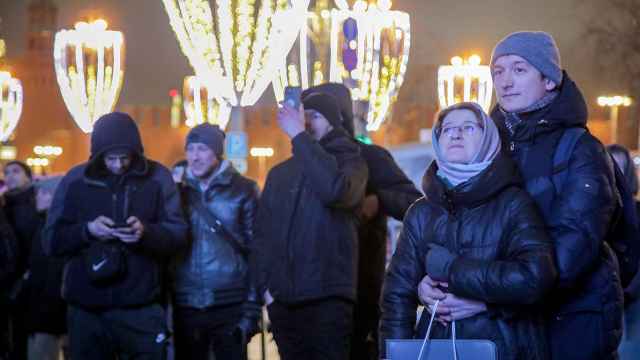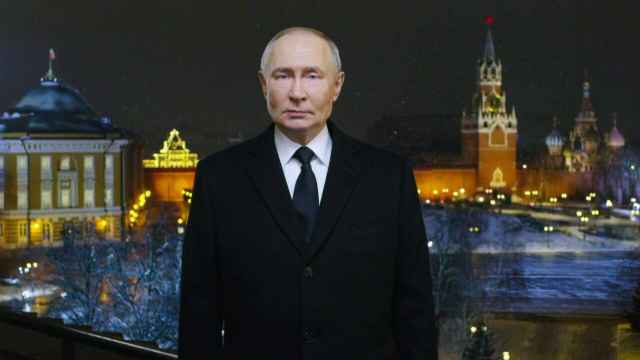LONDON — After a miserable first week in the gold medal stakes, traditional powerhouse Russia is showing signs of a revival, though not enough to avoid its lowest Summer Olympic finish in 60 years.
While some of Russia’s strongest events are still to come, the team is set to wind up outside the top three in golds for the first time since the Soviet Union began competing at the games in 1952.
It’s a worrying sign for a country that will host the next Olympics, the 2014 Winter Games in Sochi, and follows Russia’s worst-ever performance at the 2010 Winter Olympics in Vancouver.
“Sure, we would like to have more gold medals,” Deputy Prime Minister Alexander Zhukov told RIA-Novosti. “But this is sports, and in many sport events we just lack a bit of luck and good fortune.”
After lagging in 10th for total gold medals won in London, behind even North Korea and former Soviet republic Kazakhstan, Russia started to come to life this week, picking up four gold medals to move into fifth place.
China and the United States are 1-2 in golds with 33 and 29, respectively, and host Britain third with 20.
Despite the lack of gold, the Russians have been racking up other medals — 17 silver and 18 bronze for an overall count of 43. They have moved just behind Britain into fourth place in total medals.
Russia’s recent decline has coincided with China’s rise as an Olympic superpower and continued dominance by the United States.
The Sports Express daily said in a front-page report that Russian sports were “frozen” between the Chinese and American systems. It blamed a shortage of state funding and lack of oversight and control over national sports federations.
“It’s very far from China, where the watchful Communist Party is eyeing the selection process starting from the kindergarten stage, builds giant sports arenas and finances powerful medical research — and harshly demands results,” the paper said.
“We must admit that we stand even further from the American model, and the distance keeps growing. Because it would be deadly if we ended state involvement in sports as they did. Sports industries that will feed themselves are simply absent in our country,” the paper said.
There’s room for Russia to bring home plenty more in the final days of the games, which end Sunday. Russia has good medal chances in wrestling, synchronized swimming, gymnastics and boxing, among others.
“Historically, we win 80 percent of our gold medals in the last five days,” said Mikhail Kusnirovich, deputy head of the Russian team.
Whatever happens the rest of the week, the pressure will be even greater on Russian athletes to perform in Sochi.
Russia’s strategy includes getting back coaches who have moved abroad.
“If our own coaches are the best, we must call them,” Zhukov said. “If our coaches have moved to other countries and keep on raising champions there, then we must spend maximum efforts to get them back.”
A Message from The Moscow Times:
Dear readers,
We are facing unprecedented challenges. Russia's Prosecutor General's Office has designated The Moscow Times as an "undesirable" organization, criminalizing our work and putting our staff at risk of prosecution. This follows our earlier unjust labeling as a "foreign agent."
These actions are direct attempts to silence independent journalism in Russia. The authorities claim our work "discredits the decisions of the Russian leadership." We see things differently: we strive to provide accurate, unbiased reporting on Russia.
We, the journalists of The Moscow Times, refuse to be silenced. But to continue our work, we need your help.
Your support, no matter how small, makes a world of difference. If you can, please support us monthly starting from just $2. It's quick to set up, and every contribution makes a significant impact.
By supporting The Moscow Times, you're defending open, independent journalism in the face of repression. Thank you for standing with us.
Remind me later.





